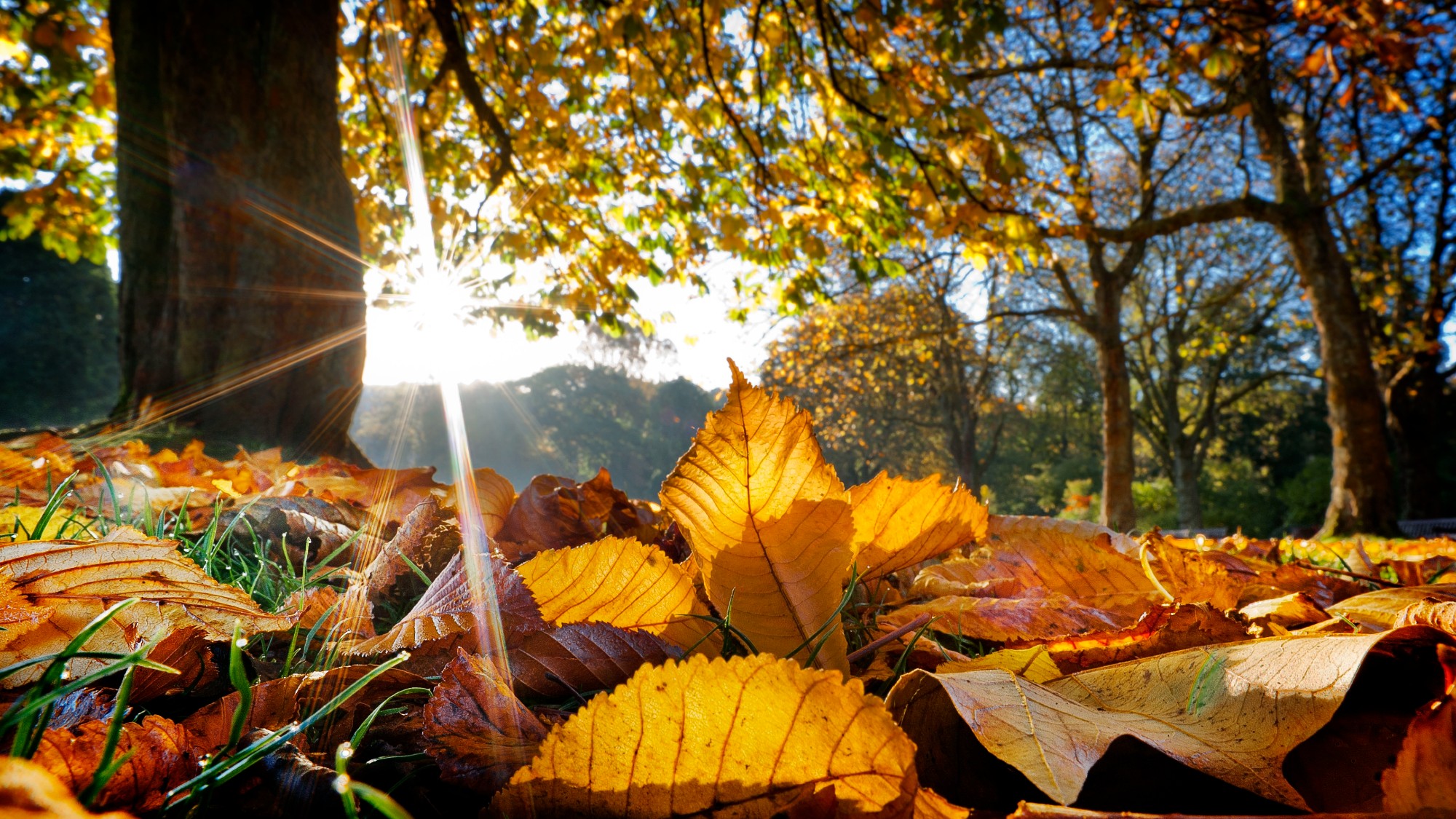When does autumn begin?
The UK is experiencing a 'false autumn', as climate change shifts seasonal weather patterns

A free daily email with the biggest news stories of the day – and the best features from TheWeek.com
You are now subscribed
Your newsletter sign-up was successful
The UK is experiencing a "false autumn", according to the Met Office, with leaves turning brown and berries starting to ripen weeks ahead of the official start of the season. Trees and plants started exhibiting behaviours associated with autumn in August, due to "the stress of extreme summer conditions", the weather agency said.
When does autumn officially begin?
Traditional "folk" markers for the start of autumn include leaves turning brown, hawthorn berries ripening, swallows migrating and, more recently, coffee chains launching their pumpkin spice brews.
More scientifically, there are three ways to define when a season begins: meteorological, astronomical and phenological. Across the northern hemisphere, meteorological autumn begins on 1 September and ends on 30 November. Using set calendar periods makes it easier for meteorological and environmental agencies to compare data over years.
The Week
Escape your echo chamber. Get the facts behind the news, plus analysis from multiple perspectives.

Sign up for The Week's Free Newsletters
From our morning news briefing to a weekly Good News Newsletter, get the best of The Week delivered directly to your inbox.
From our morning news briefing to a weekly Good News Newsletter, get the best of The Week delivered directly to your inbox.
The astronomical date varies between 21 and 24 September, in time with the autumn equinox, when day and night are of equal length, and ends with the winter solstice in December.
The phenological definition relies on the natural world and its response to weather and climate. So here, autumn starts when observable events – such as leaves falling from trees and the migration of birds – begin. Weather and climate conditions mean it varies from year to year.
How is climate change affecting the seasons?
Global warming has changed both the length and timing of the seasons, said Jadu Dash, professor of environmental sciences at the University of Southampton. Autumn has started to arrive, on average, two weeks later and spring now arrives a fortnight earlier, he said on Polytechnique Insights. But these trends are not the same everywhere on the planet: Europe and the rest of the northern hemisphere have seen a "much more pronounced change in seasonality" than that in the global south.
The "ongoing impacts" of climate change are bringing more frequent occurrences of a false autumn, said the Met Office, as ecosystems "struggle to adapt to extreme weather patterns", which could affect tree health and biodiversity.
A free daily email with the biggest news stories of the day – and the best features from TheWeek.com
Just as climate change can bring certain autumnal conditions forward, it can also slow them down. The weather body's analysis found that for every 1C increase in October temperatures, the date at which trees lose all their leaves is delayed by two or three days. Increases in CO2 can also lengthen the period when trees can photosynthesise, which keeps them green for longer.
Chas Newkey-Burden has been part of The Week Digital team for more than a decade and a journalist for 25 years, starting out on the irreverent football weekly 90 Minutes, before moving to lifestyle magazines Loaded and Attitude. He was a columnist for The Big Issue and landed a world exclusive with David Beckham that became the weekly magazine’s bestselling issue. He now writes regularly for The Guardian, The Telegraph, The Independent, Metro, FourFourTwo and the i new site. He is also the author of a number of non-fiction books.